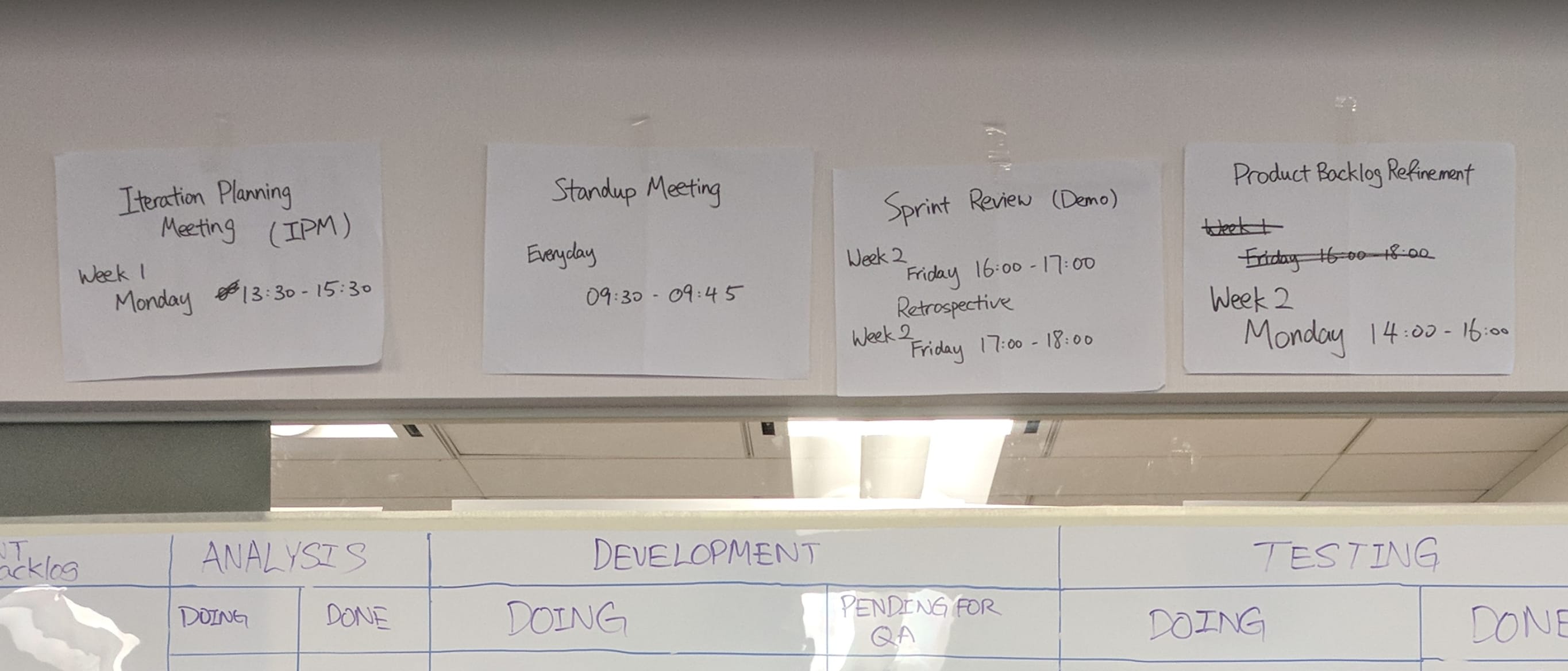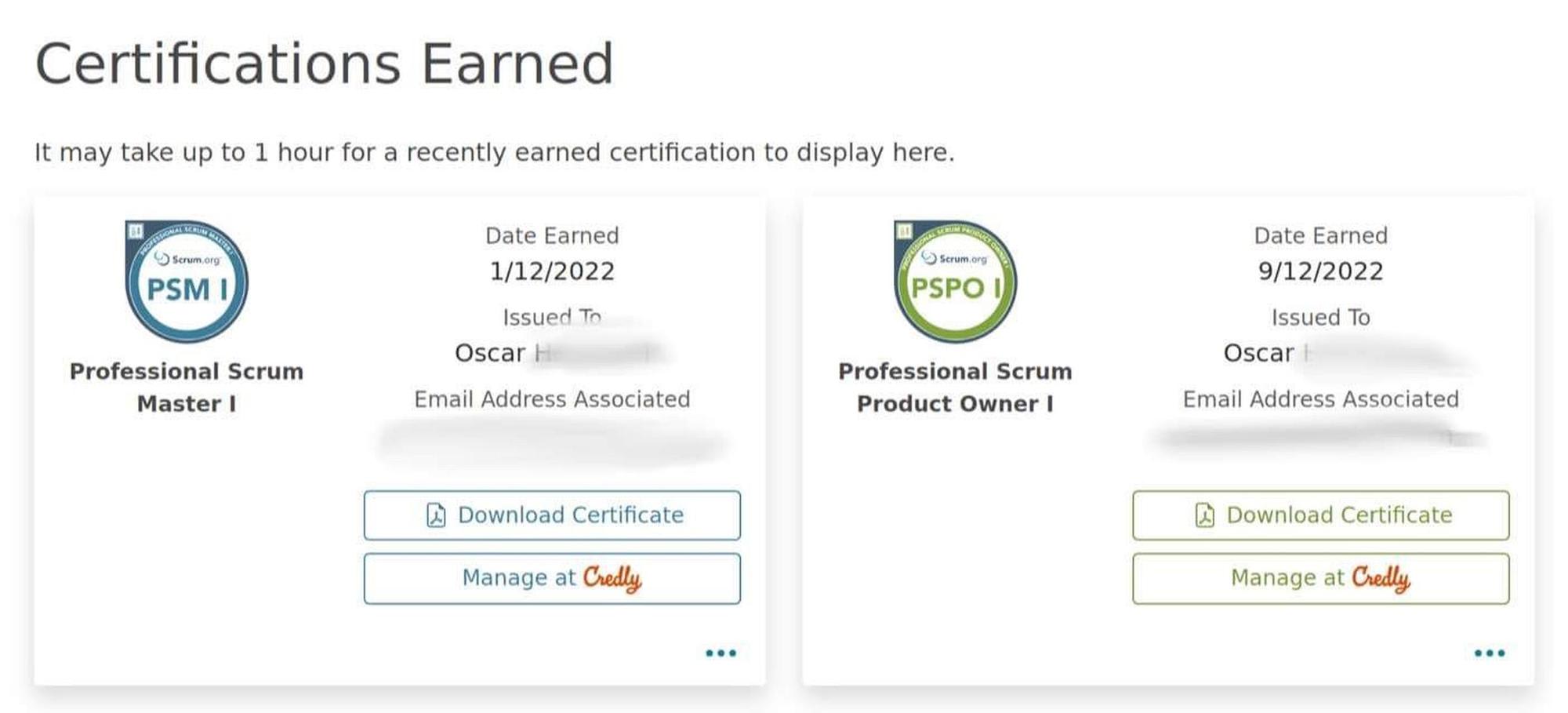
Kanban #2 – Applying Flow Metrics to Scrum Team
It has been over three months since I introduced Flow Metrics to my team. My team has changed their mindset when it comes to work. Today, I am going to discuss how I apply Flow Metrics to the team. Before implementing Flow Metrics, I created a spreadsheet and recorded all the Product Backlog Items (PBIs) created in 2023. Following Daniel Vacanti’s Flow Metrics for Scrum Team, the spreadsheet includes an Aging Work in Progress Chart, Cycle Time Scatterplot, and two Monte Carlo Simulations: “How Many” and “How Long.” I obtained the Service Level Expectation (SLE) for the Cycle Time. ...


